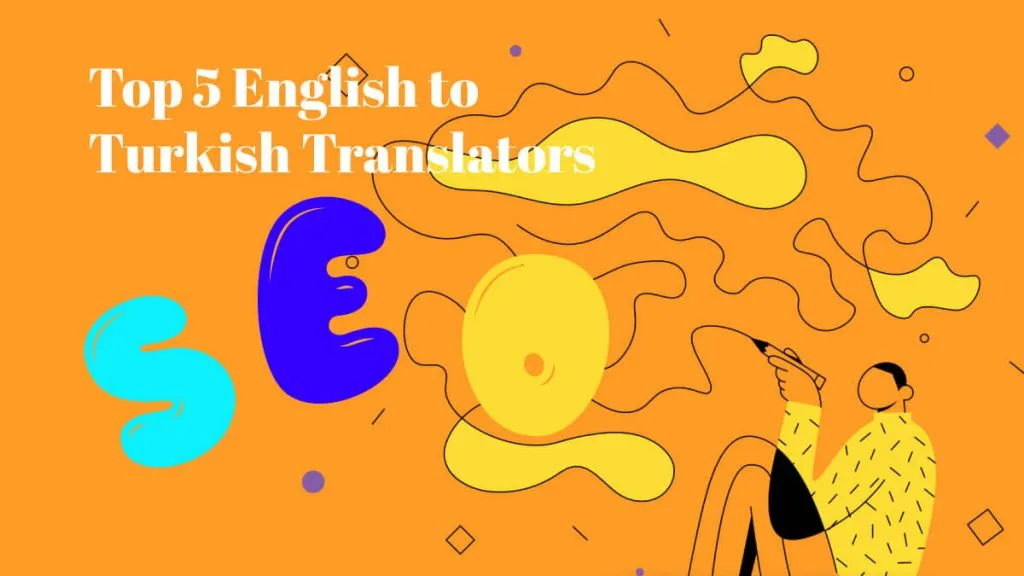Medical professionals devote countless hours to mastering the intricacies of healthcare rules and methodologies. But what if there was a game-changing tool that could augment their expertise and save valuable time? Welcome ChatGPT, a cutting-edge solution that empowers healthcare professionals with instant access to a wealth of medical knowledge and insights.
From diagnosing complex cases to staying up-to-date with the latest research, ChatGPT transforms healthcare by serving as a trusted virtual assistant. Here's how to revolutionize your healthcare career with ChatGPT!
7 Ways You Can Use ChatGPT for Healthcare
In the rapidly evolving landscape of healthcare, ChatGPT emerges as a powerful tool that revolutionizes the way medical professionals access information and streamlines their workflows. Coupled with the versatility of UPDF, a comprehensive PDF software, ChatGPT has become an indispensable resource for various applications in the healthcare industry. Click the button below to try UPDF with ChatGPT-integrated AI features.
Windows • macOS • iOS • Android 100% secure
Here are seven practical ways medical professionals can leverage UPDF AI to enhance patient care and optimize their practice.
1. Summarize Medical Records
With the integration of ChatGPT, UPDF can efficiently analyze and summarize extensive medical records, providing concise and organized summaries. This feature saves valuable time for healthcare professionals, enabling them to quickly extract relevant information, identify key details, and make well-informed decisions.
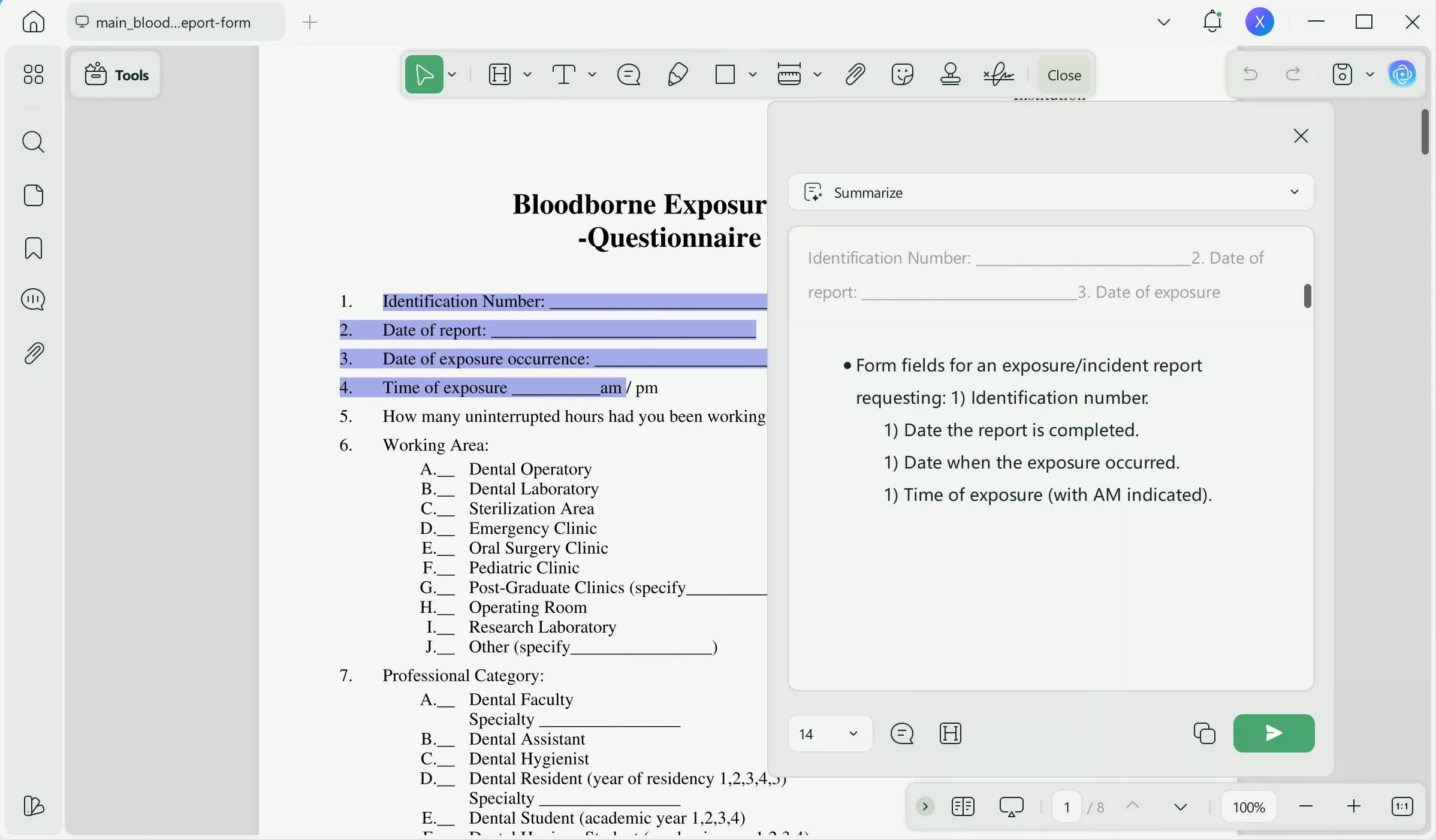
2. Research and Literature Review
As a knowledgeable research assistant, UPDF AI helps healthcare professionals navigate vast medical literature. You can ask any healthcare questions. It can provide explanations of research papers, suggest relevant articles, and offer insights on specific medical topics, facilitating evidence-based decision-making.
3. Patient Education and Support
UPDF AI can also be utilized to enhance patient education and support. It can generate easy-to-understand explanations of medical conditions, procedures, and treatment plans, empowering patients to actively participate in their own healthcare journey.
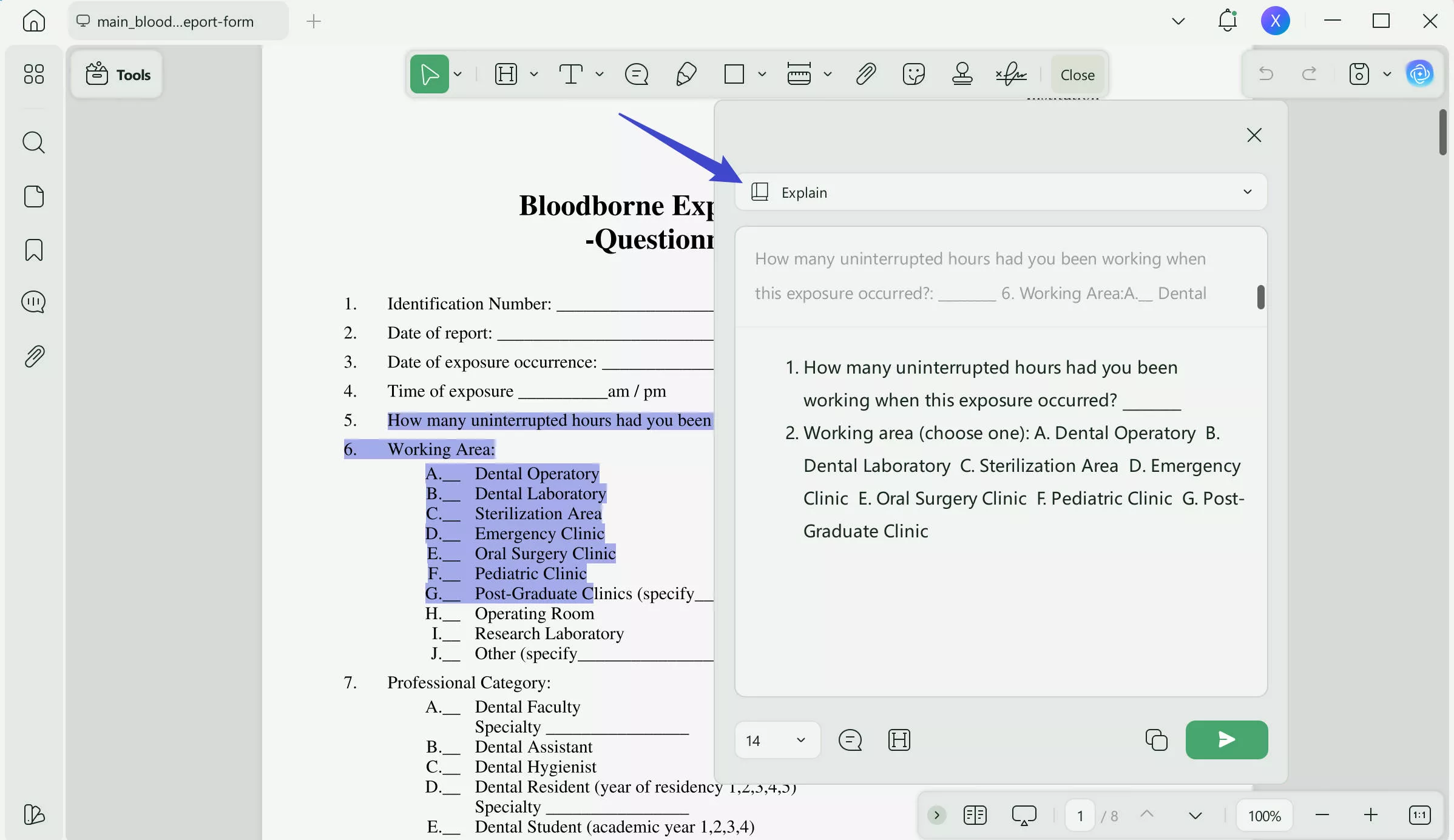
4. Language Translation
UPDF, integrated with ChatGPT, can bridge language barriers by providing real-time PDF translation services. This feature enables healthcare professionals to communicate effectively with patients from diverse linguistic backgrounds, ensuring accurate understanding and improving patient care.
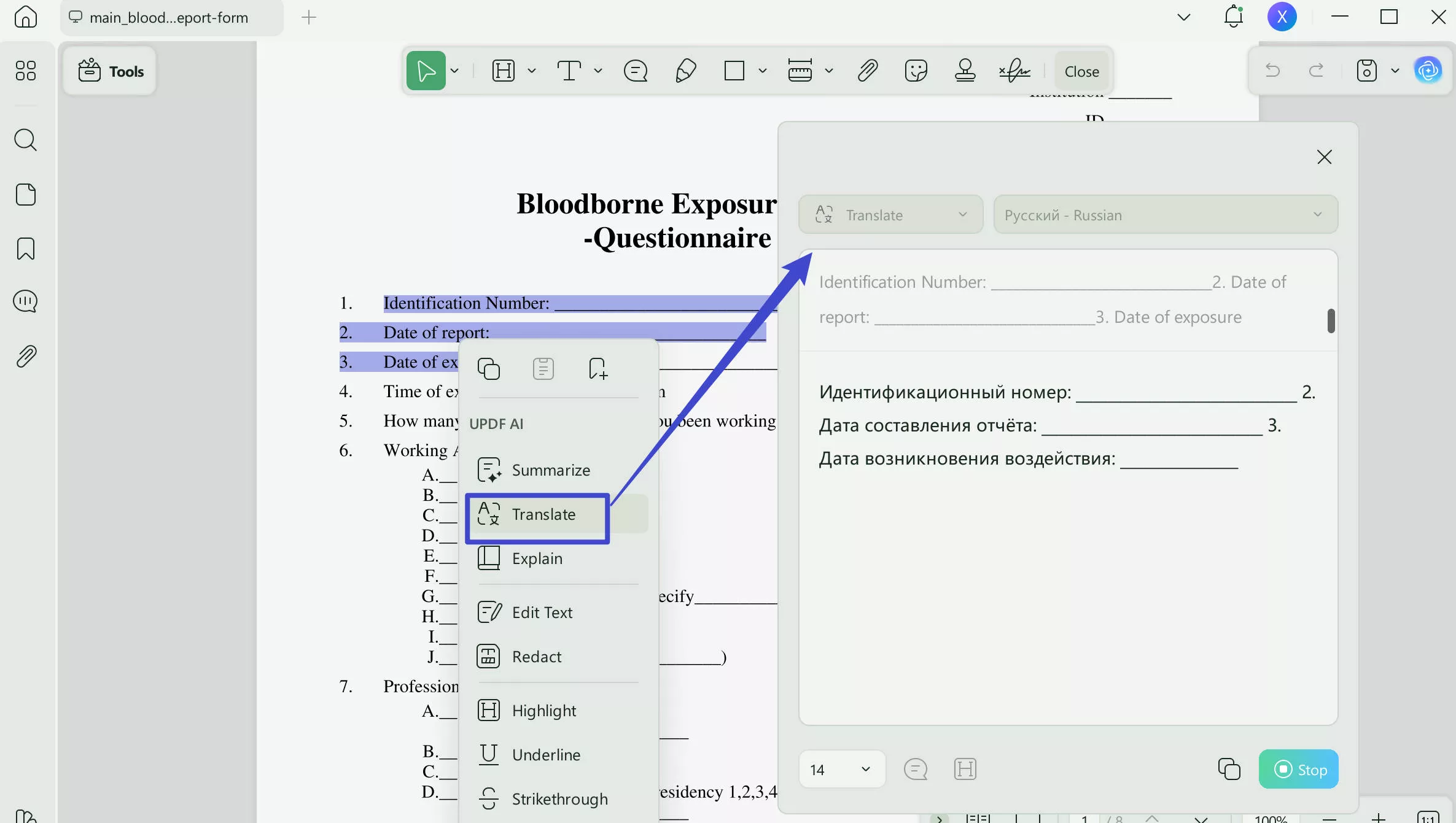
Being the best PDF annotator for healthcare, UPDF can also help medical professionals to review and collaborate on medical documents, and collect the signature easily for patient consent forms. You can add highlights, sticky notes, stamps, stickers, and other annotations to your medical reports.
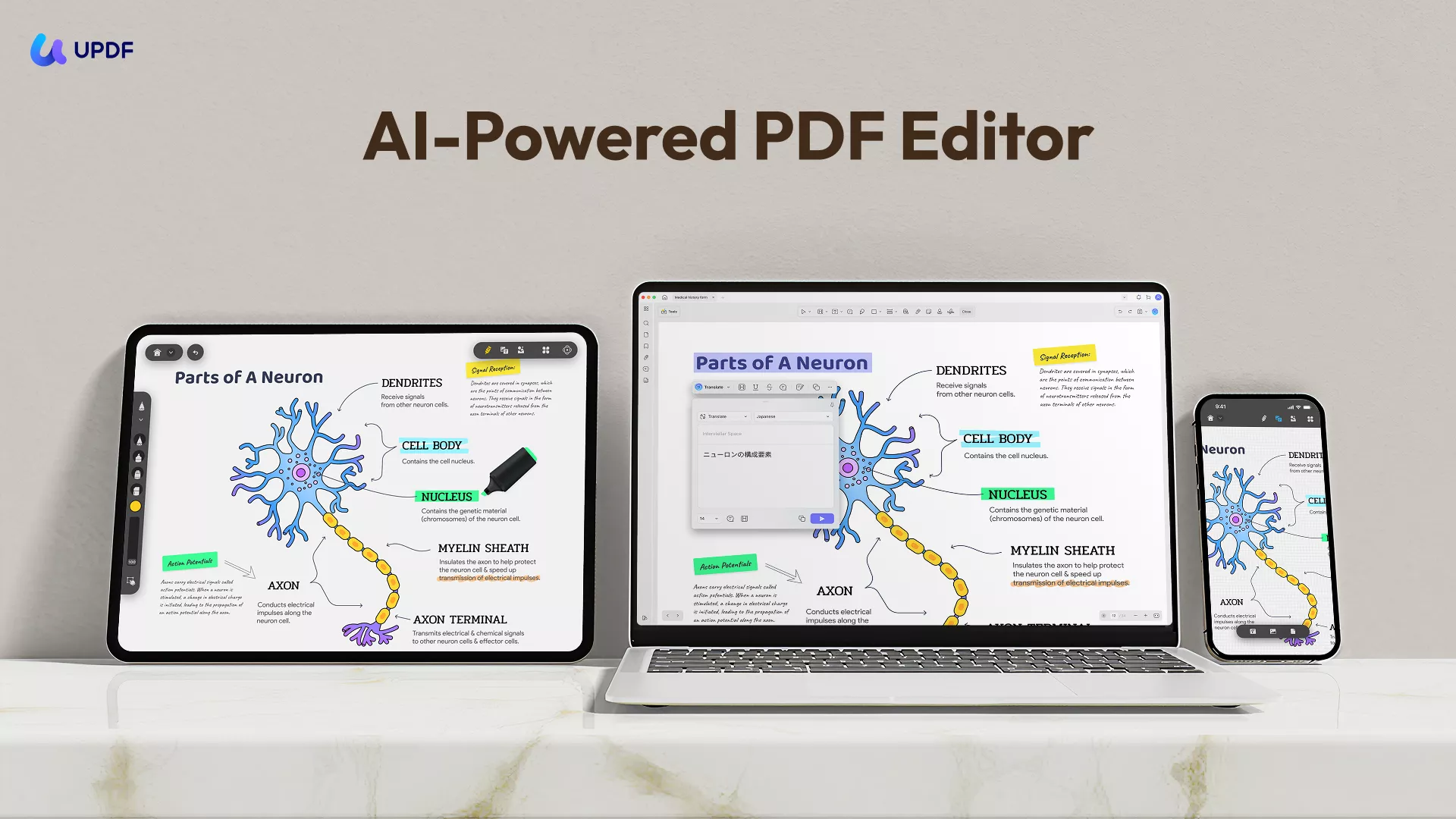
It is also a good choice to archive the patients' records in PDF/A format. If you interested in this finest software, please click the button below to download and install it.
Windows • macOS • iOS • Android 100% secure
5. Diagnosis Assistance
ChatGPT can assist in the diagnostic process by leveraging its vast medical knowledge. Healthcare professionals can input patient symptoms or medical findings, and ChatGPT can generate potential differential diagnoses, offer treatment recommendations, and even suggest further tests or consultations.
6. Medication and Treatment Information
ChatGPT can serve as a reliable resource for medication and treatment information. It can provide details on drug interactions, dosage guidelines, potential side effects, and alternative treatment options, helping healthcare professionals make informed decisions regarding patient care.
7. Telemedicine and Remote Consultations
In the era of telemedicine and remote consultations, ChatGPT can assist healthcare professionals in virtual interactions. It can generate responses to patient queries, provide general medical information, and offer guidance on self-care practices, ensuring a seamless and valuable remote healthcare experience.
Note that ChatGPT is not a replacement for professional medical judgment; it's just a supportive tool to exercise critical thinking and verifies information as needed.
Benefits and Limitations of ChatGPT in Healthcare
ChatGPT holds immense potential to transform the healthcare industry, but it is crucial to consider both its benefits and limitations. Understanding these aspects is essential for healthcare professionals to make informed and responsible use of ChatGPT in their practice. So, here we go!
1. Benefits of Using ChatGPT in Healthcare
ChatGPT offers several notable benefits when applied in the healthcare sector. Here are a few of them:
Instant Access to Medical Knowledge
With ChatGPT, healthcare professionals have immediate access to a vast repository of medical knowledge. It can answer medical queries quickly and offer insights into various conditions, procedures, and treatment options, facilitating efficient decision-making.
Time-Saving and Increased Efficiency
By automating certain tasks, such as summarizing medical records or providing medication information, ChatGPT saves valuable time for healthcare professionals. This allows them to focus on more critical aspects of patient care, improving overall efficiency.
Real-Time Medical Research Updates
ChatGPT can keep healthcare professionals updated with the latest medical research and advancements. It can aggregate and summarize information from scientific journals, clinical trials, and medical databases, providing healthcare professionals with access to cutting-edge knowledge to inform their practice.
Enhanced Clinical Documentation
Last but not least, another rewarding benefit of ChatGPT is that it can improve clinical documentation by generating concise and accurate summaries of patient encounters. This reduces the burden on healthcare professionals to transcribe or write detailed notes manually.
Moreover, it streamlines the documentation process, enhances record-keeping, and promotes better continuity of care.
2. Limitations of ChatGPT in Healthcare
Here are a few limitations that you should consider in the field of healthcare.
Accuracy and Reliability
It's important to note that ChatGPT's responses may only sometimes be entirely accurate or up-to-date. While it can provide valuable insights, healthcare professionals should verify and validate the information to ensure its reliability in making critical decisions.
Bias in Training Data
Since ChatGPT learns from a wide range of data sources, including medical literature and historical records, it may inadvertently inherit biases present in that data. Healthcare professionals should be aware of this and exercise caution to avoid potentially biased recommendations or conclusions.
Contextual Understanding Challenges
ChatGPT may struggle to grasp the full context of complex medical cases or individual patient circumstances. Its responses might lack the nuance required for accurate diagnoses or treatment plans, necessitating human intervention and expertise.
Lack of Emotional Intelligence
ChatGPT does not possess emotional intelligence, which is crucial in healthcare interactions requiring empathy and understanding. It's essential for healthcare professionals to recognize and address the limitations of ChatGPT in providing emotional support to patients.
Legal and Ethical Considerations
Healthcare professionals must navigate legal and ethical considerations when using ChatGPT, ensuring they adhere to confidentiality requirements, informed consent, and professional guidelines.
The Future of ChatGPT in Healthcare
The future of ChatGPT in healthcare holds great promise. As AI technology advances, ChatGPT is expected to become even more sophisticated and capable. It will likely undergo further refinement to enhance accuracy, address limitations, and better understand the nuances of medical data.
In the coming years, we can anticipate improved natural language processing, increased contextual understanding, and enhanced patient-specific recommendations. ChatGPT has the potential to revolutionize healthcare by supporting clinical decision-making, facilitating remote care, and empowering patients with personalized information.
FAQs on ChatGPT for Healthcare
Here are some frequently asked questions (FAQs) regarding the use of ChatGPT in healthcare.
Can ChatGPT be Used in Healthcare?
Yes, ChatGPT can be used in healthcare. It serves as a valuable tool for medical professionals by providing instant access to medical knowledge, assisting in diagnosis, supporting decision-making, and enhancing patient education. However, it is essential to validate its outputs, consider limitations, and exercise human oversight to ensure accuracy, privacy, and ethical use.
Can ChatGPT Diagnose Health Problems?
No, ChatGPT cannot independently diagnose health problems. While it can provide valuable insights and generate potential diagnoses based on symptoms or medical information, it cannot perform physical examinations or analyze diagnostic tests. It's important to remember that healthcare professionals with clinical expertise should validate and verify ChatGPT's responses.
What Is the Role of ChatGPT in Public Health?
ChatGPT plays a significant role in public health by offering valuable contributions in several areas. Firstly, it can assist in health education and awareness campaigns by providing easily accessible and understandable information on various health topics to the general public.
Also, ChatGPT can aid in monitoring and analyzing public health data, helping identify trends, patterns, and potential outbreaks. It can support healthcare authorities in generating insights for disease surveillance, resource allocation, and public health interventions.
Moreover, ChatGPT can facilitate communication and engagement between public health agencies and the community, answering common questions, addressing concerns, and promoting preventive measures.
How Is ChatGPT Compared to Physicians?
ChatGPT cannot be directly compared to physicians. While ChatGPT can provide information and insights based on its training data, it lacks the years of medical education, clinical experience, and professional judgment that physicians possess.
Physicians consider many factors, perform physical examinations, interpret diagnostic tests, and make informed decisions based on comprehensive patient assessments.
In contrast, ChatGPT is just a supportive tool for healthcare professionals, providing additional information and suggestions. Still, it should be seen as something other than a replacement for physicians' expertise and personalized care.
Can ChatGPT Read a CT Scan?
No, ChatGPT cannot read a CT scan. It cannot interpret complex medical imaging such as CT scans. The interpretation of medical images requires specialized training and expertise that can only be provided by trained radiologists or healthcare professionals.
Conclusion
ChatGPT is poised to revolutionize healthcare by empowering medical professionals with instant access to information, supporting decision-making, and enhancing patient care. However, it's essential to acknowledge the limitations and ensure responsible use in conjunction with clinical expertise.
To further enhance efficiency and streamline workflows, I recommend leveraging UPDF, a comprehensive PDF software that seamlessly integrates with ChatGPT. You can easily chat with its AI tools to ask medical-related questions. Because UPDF's integration can provide medical professionals with a unified platform for document management and efficient access to relevant medical literature, further unleashing the capabilities of ChatGPT in healthcare settings. Another good news for you is that UPDF has an exclusive sale on its pricing! Take this as a sign, and check it out now! Download it from the button below securely.
Windows • macOS • iOS • Android 100% secure
 UPDF
UPDF
 UPDF for Windows
UPDF for Windows UPDF for Mac
UPDF for Mac UPDF for iPhone/iPad
UPDF for iPhone/iPad UPDF for Android
UPDF for Android UPDF AI Online
UPDF AI Online UPDF Sign
UPDF Sign Edit PDF
Edit PDF Annotate PDF
Annotate PDF Create PDF
Create PDF PDF Form
PDF Form Edit links
Edit links Convert PDF
Convert PDF OCR
OCR PDF to Word
PDF to Word PDF to Image
PDF to Image PDF to Excel
PDF to Excel Organize PDF
Organize PDF Merge PDF
Merge PDF Split PDF
Split PDF Crop PDF
Crop PDF Rotate PDF
Rotate PDF Protect PDF
Protect PDF Sign PDF
Sign PDF Redact PDF
Redact PDF Sanitize PDF
Sanitize PDF Remove Security
Remove Security Read PDF
Read PDF UPDF Cloud
UPDF Cloud Compress PDF
Compress PDF Print PDF
Print PDF Batch Process
Batch Process About UPDF AI
About UPDF AI UPDF AI Solutions
UPDF AI Solutions AI User Guide
AI User Guide FAQ about UPDF AI
FAQ about UPDF AI Summarize PDF
Summarize PDF Translate PDF
Translate PDF Chat with PDF
Chat with PDF Chat with AI
Chat with AI Chat with image
Chat with image PDF to Mind Map
PDF to Mind Map Explain PDF
Explain PDF Scholar Research
Scholar Research Paper Search
Paper Search AI Proofreader
AI Proofreader AI Writer
AI Writer AI Homework Helper
AI Homework Helper AI Quiz Generator
AI Quiz Generator AI Math Solver
AI Math Solver PDF to Word
PDF to Word PDF to Excel
PDF to Excel PDF to PowerPoint
PDF to PowerPoint User Guide
User Guide UPDF Tricks
UPDF Tricks FAQs
FAQs UPDF Reviews
UPDF Reviews Download Center
Download Center Blog
Blog Newsroom
Newsroom Tech Spec
Tech Spec Updates
Updates UPDF vs. Adobe Acrobat
UPDF vs. Adobe Acrobat UPDF vs. Foxit
UPDF vs. Foxit UPDF vs. PDF Expert
UPDF vs. PDF Expert


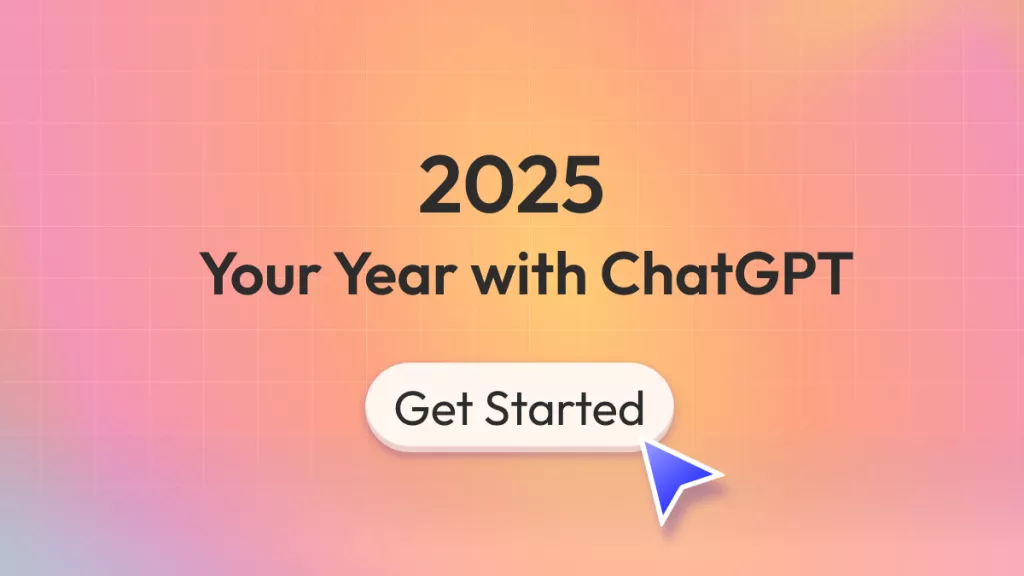
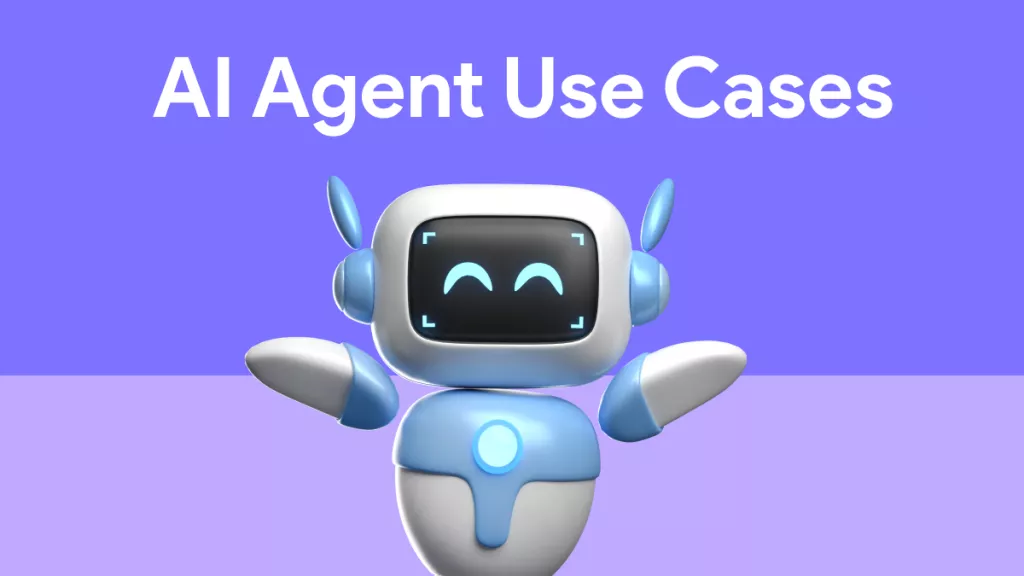
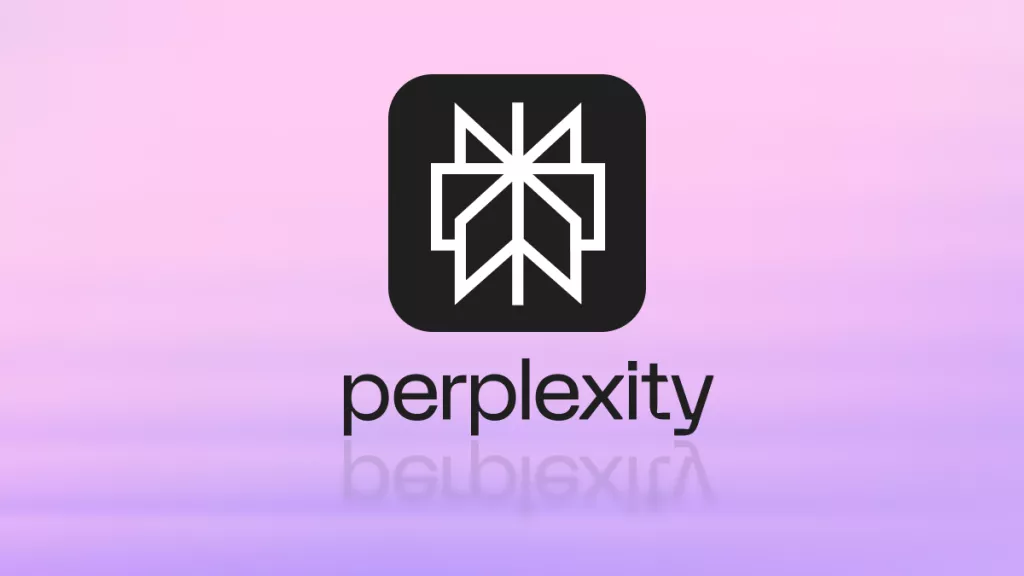

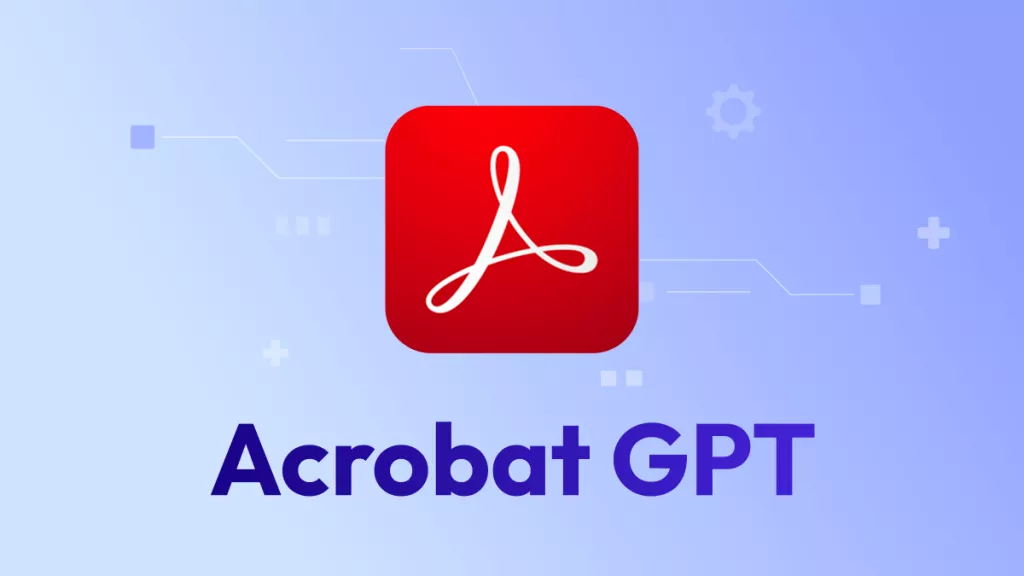
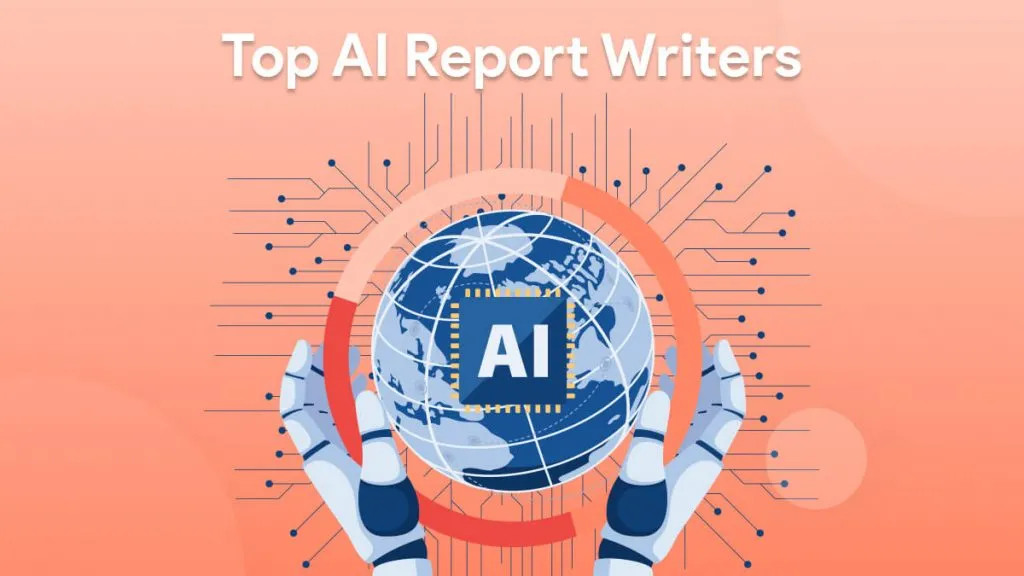
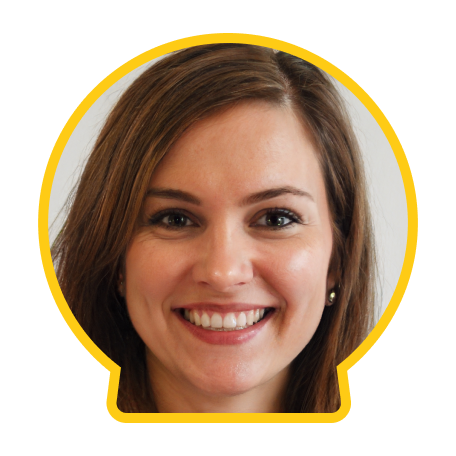 Enola Miller
Enola Miller 
 Lizzy Lozano
Lizzy Lozano 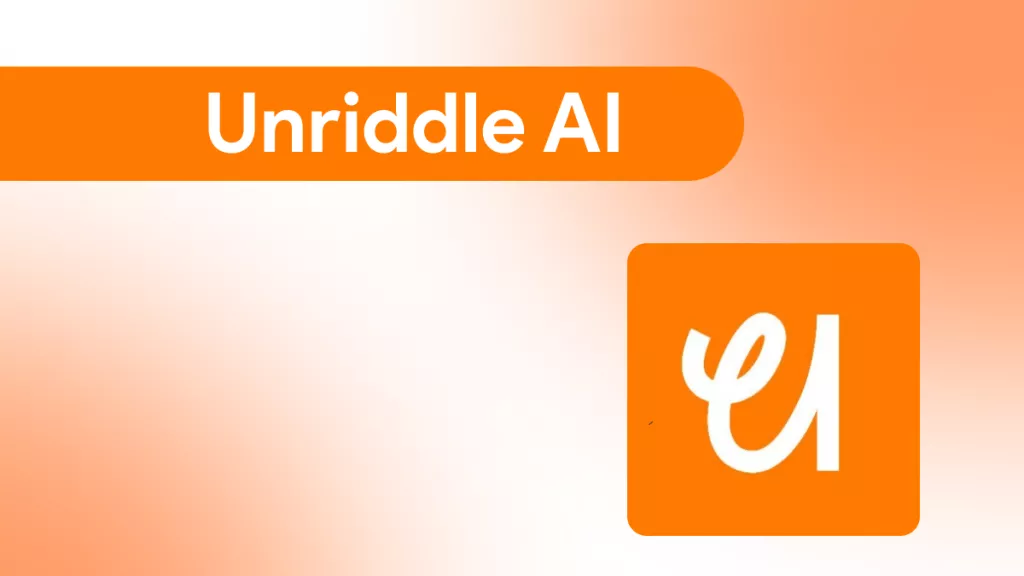
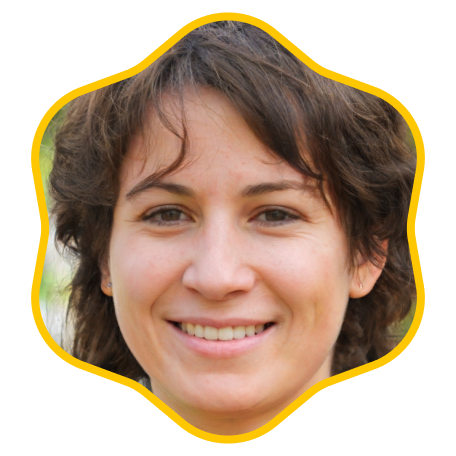 Enya Moore
Enya Moore 